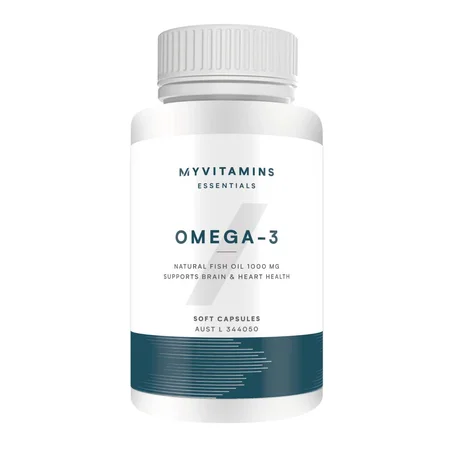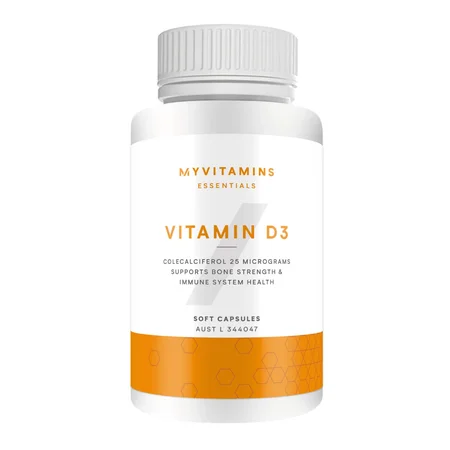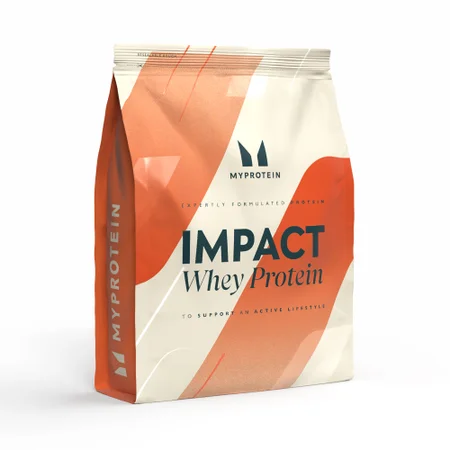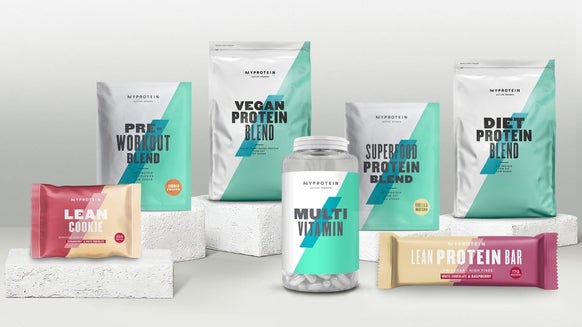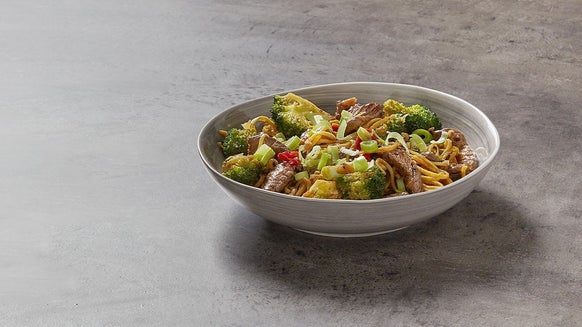Nutritionist Explains What Makes Weight Loss Difficult
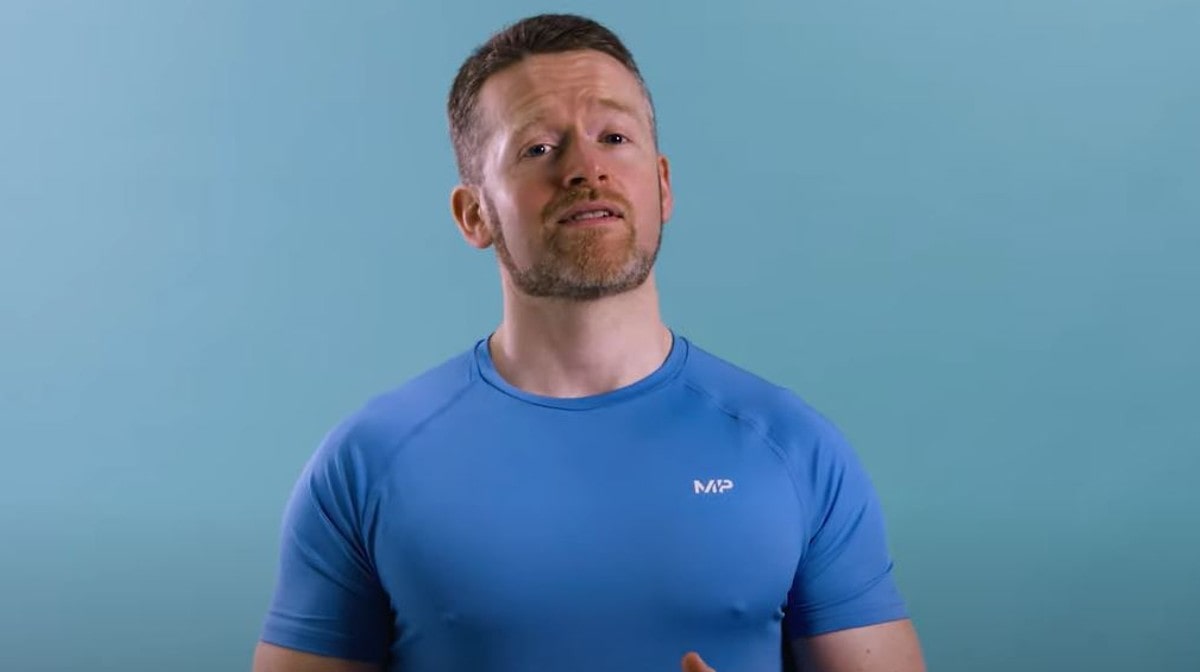
Weight loss is one of the most difficult goals in fitness. Whether you’re struggling to see any progress at all, or you’ve hit a plateau, it’s undoubtedly incredibly hard to navigate, both physically and mentally as it demands significant lifestyle changes.
Thankfully our resident nutritionist on YouTube, Richie Kirwan, is back with another instalment of Nutritionist Explains and this episode he’s giving us the science behind why weight loss is so difficult. Here’s what he had to say.
Metabolism
Understanding your metabolism, specifically your basal metabolic rate (BMR), is crucial to making progress. But as you lose weight, your BMR decreases because your body needs fewer calories.
Hormones, hormones, hormones
Richie also explains that fluctuating hormones play a massive role in weight loss. Some hormones reduce appetite while others increase it.
First up is leptin — the appetite reducing hormone. Unfortunately for those trying to lose weight, this hormone decreases as you lose weight.
Next is ghrelin. The hormone that increases hunger and one that’s boosted during weight loss.
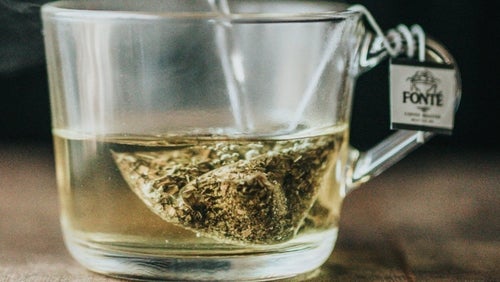
Does Green Tea Help You Lose Weight?
*Adds green tea to shopping basket*
It’s in our genes
So why do our bodies work this way? Richie explains that it’s down to our history.
Not to mention the fact most of us in the western world have access to cheap (and frustratingly tasty) fast food which is made up of refined carbs and fats that don’t even fill you up.
“It’s not your fault”
Taking into account all of those variables, it’s no surprise that losing weight is challenging. So Richie ends on some words of reassurance.
Take home message
If you’re working towards a weight loss goal at the moment and struggling to make any progress, just know that it’s most likely down to one of these very natural factors Richie explained.
READ THESE NEXT:

Does Green Tea Help You Lose Weight?
*Adds green tea to shopping basket*

11 Ways To Break A Weight Loss Plateau
A break from your diet could be what's needed.

A Healthy Shopping List For Muscle Gain & Weight Loss
These are the foods that need to be on everyone's list.

